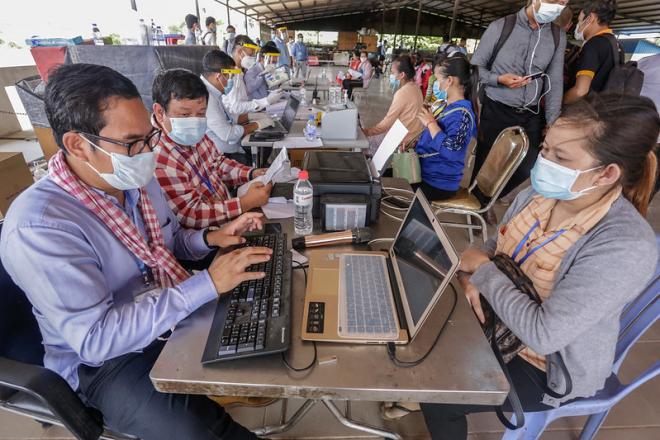
The Asian Development Bank (ADB) has released four new policy briefs that provide a blueprint for Southeast Asia’s medium-term economic recovery in the wake of the COVID-19 pandemic.
The briefs were released on the opening day of ADB’s annual Southeast Asia Development Symposium, which is exploring concrete measures countries can adopt to recover from the pandemic.
The briefs highlight four cornerstones for recovery: (i) supporting post-pandemic green recovery; (ii) enhancing domestic resource mobilization to rebuild government finances; (iii) revitalizing key economic sectors particularly impacted by the pandemic; and (iv) fully harnessing opportunities presented by big data to deliver essential services more effectively.
The briefs report that investing in green opportunities in agriculture, oceans, urban and transport, circular economy, and clean energy could create 30 million jobs in Southeast Asia by 2030.
With the COVID-19 pandemic having decimated government revenues in Southeast Asia, one brief recommends that governments expand the tax base, increase tax compliance, and improve tax administration to boost sustainable sources of financing for priority initiatives.
Another brief identifies key economic sectors that can spearhead economic recovery in the region. This includes three traditional sectors requiring transformation – tourism, agro-processing, and garments – and two sectors demonstrating great potential for future growth: electronics and digital trade.
In all of these sectors, the study notes the potential of digital transformation to deliver immense benefits for Southeast Asia. The application of new technologies in agro-processing and the BPO sector, for example, could result in labor productivity increasing over 50% on average in the next 5 years.
The studies also note that big data holds immense promise in optimizing public services in health, social protection, and education, and in expediting countries’ post-pandemic recovery.

